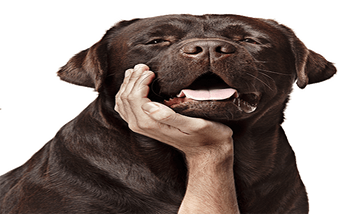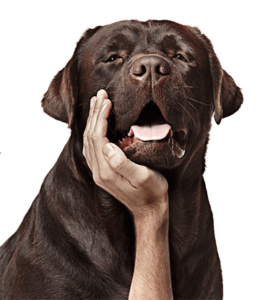All animals communicate in one way or another. Dogs make various sounds to express different needs and feelings. Howling is also one of many forms of communication sounds used by dogs. The most commonly accepted explanation is that dogs are descendants of wolves, and howling is one of the characteristics carried from wolves. But there are plenty of other reasons why dogs choose howling as a way of communication.
Some breeds of dogs that are more likely to howl include several hound breeds, including dachshunds, beagles, basset hounds, and bloodhounds, as well as huskies, Alaskan malamutes, and American Eskimo dogs.
Separation Anxiety
Dogs are loyal and affectionate companions. They are emotionally attached to their owners. Dogs enjoy as long as you are around, but once you leave them alone they may experience severe anxiety and start howling. Other emotional stresses like fear, anxiety or sadness, and to signal their desire for comfort may also induce howling in canines.
Dogs are naturally pack animals, and they have a strong social bonding with each member of their pack. They are likely to howl when they feel separated from their pack, or when any member from their pack is missing.
Why dogs howl while asleep?
Dogs appear to have sleep patterns similar to humans. Dogs during the rapid eye movement phase of sleep become agitated and start twitching, moving their legs, whining, and even howling. These behaviors are a normal part of your dog’s sleep cycle. A dog may also be howling during his sleep if he or she is dreaming about something triggering.
Nighttime howling could be due to physical pain or discomfort. Your dog may howl to let you know that he needs your attention. If your dog is consistently howling, it’s a good idea to check him out for signs of dog pain or visit a veterinarian.
Why dogs howl together?
Howling in response to loud sounds
How to stop a howling dog?
- Some dogs howl to get your attention. To prevent this kind of howling, stop overreacting, and show your dog that howling is not the way to get your attention.
- Reward your dog with some treat or toy when he or she is quiet.
- Spend quality time with your dog.
- Howling due to separation anxiety can be treated with professional assistance.
- Determine what causes your dog to howl and alleviate the environmental triggers inducing howling.





